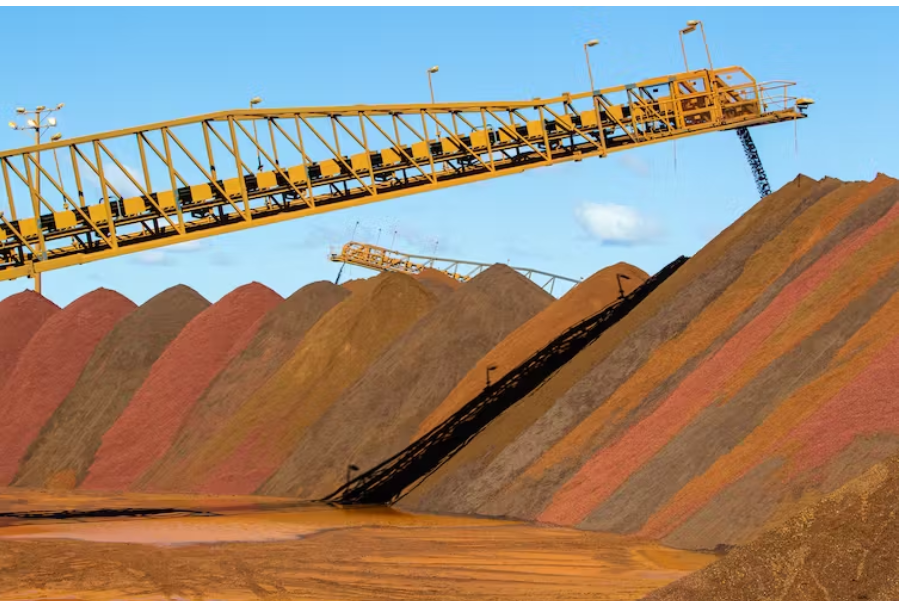

The Anthony Albanese-led Australian government plans to re-evaluate the definition of 'critical minerals' to align with the strategic requirements of the nation's defence and trade allies. This revision may include domestically abundant resources such as bauxite, coking coal, and iron ore in the critical minerals list, as reported by an Australian business-focused, compact daily newspaper covering Australia's and the world's current business and economic affairs.

In the last five years, the United States, Japan, South Korea, and the European Union have broadened their catalogue of minerals essential for national security and economic development. This expansion directly responds to apprehensions that China could exploit its control over mineral supply chains through coercion.
Madeleine King, Australia's Resources Minister has pointed out the legitimacy of these concerns. This became especially evident in a year when China imposed restrictions on the export of gallium and germanium, two minerals that play a crucial role in producing microprocessors, applications in defence, and developing decarbonisation infrastructure.
While the critical minerals lists of many countries typically consist of raw materials that are crucial for their key industries and cannot be readily obtained domestically, Madeleine King stated at The Australian Financial Review Energy & Climate Summit that, when she revises Australia's list later this year, domestic scarcity will not be a mandatory criterion for inclusion. Being featured on this list might lead to more favourable regulations, streamlined project approvals, and enhanced access to funding.
The Resources minister mentioned bauxite, iron ore, coking coal, copper, and nickel as vital Australian commodities for trade partners without explicitly confirming their inclusion on the list.
King added, "Our critical minerals list differs from other nations. Other nations craft theirs on what they have, what's scarce and what they can't get, whereas we've got most of it. So it's prepared on another basis of geostrategic importance for us and our neighbours. We also must consider our region and partners because they're an important part of our prosperity. That's always going to figure in it. Our resources build cities, aeroplanes, ships and motor vehicles, and they will contribute to realising our green energy aspirations and those of our trading partners."
This year, both the NSW and federal governments utilized emergency powers to require thermal coal miners to allocate a portion of their production to domestic customers at regulated prices to safeguard power availability and restrict electricity cost increases. However, King was inclined against granting fossil fuel (thermal coal) such a 'critical mineral' classification.
The minister said, “I’m not sure about that ... we genuinely have quite a lot of thermal coal. But we also know that each coal-fired power station around the country has a set date for closure. Metallurgical coal, on the other hand, is needed for steel; we expect other countries will also need that coal for their production.”
King has affirmed her preference for aligned-in-thinking foreign investors within Australia's critical minerals sector. This statement has been widely interpreted as signalling a reluctance to embrace Chinese investment. However, the resources minister emphasised during the Summit that the presence of a Chinese headquarters would not inherently disqualify a potential investor. She also commended the Chinese company Tianqi for its significant contributions to Australia's lithium sector over the past decade.
In regards to foreign investment, she said, “We have to take every case on its merits. There will be restrictions in the US government’s Inflation Reduction Act on what an entity of concern is, and for the Americans, a lot of that is state-owned enterprises subject to the oversight of the People’s Republic of China and then the communist government."
“That will be a consideration in some projects, it naturally would be. But I would note that Tianqi Lithium is one of the first builders of a lithium hydroxide plant in Australia, and I thank them for their efforts in doing that because it’s allowed Australia to process lithium spodumene into lithium hydroxide.”



Responses






